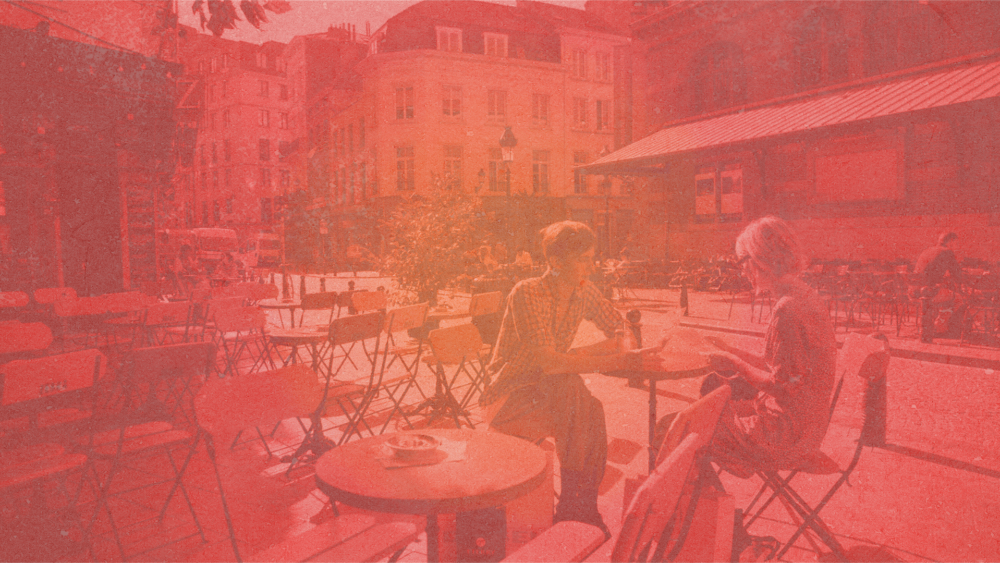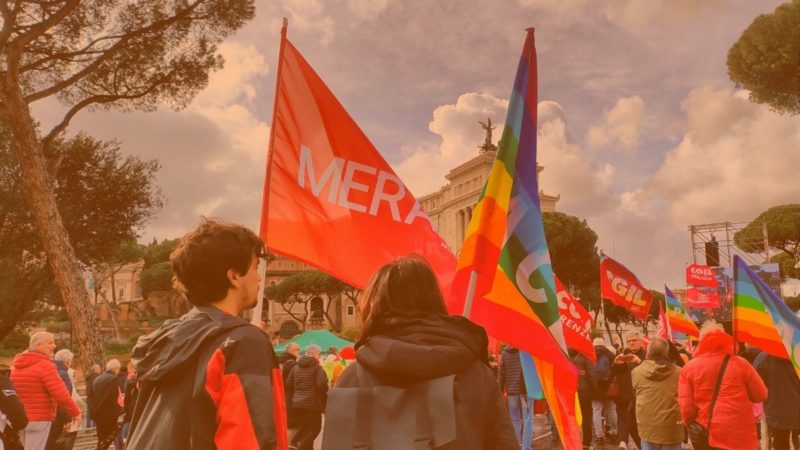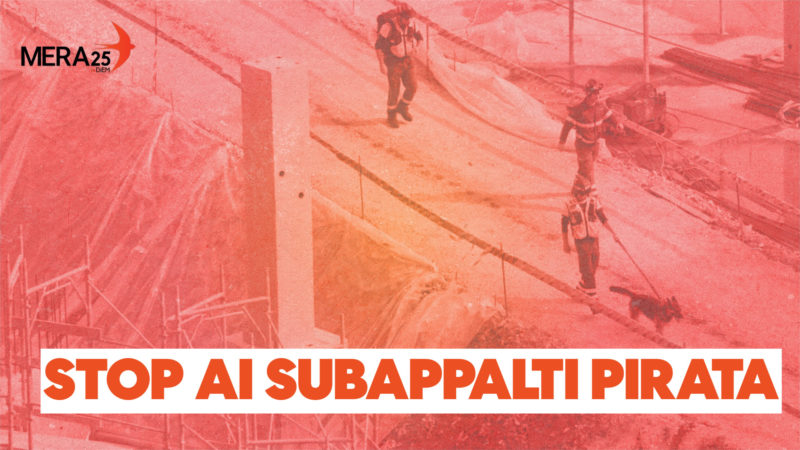Just around every corner, there seems to be a major social or political talking point that should be troubling the Belgian people giving the direct or indirect impact on them, yet the public seems stuck in a state of apathy as the problems continue to heap with little reaction.
Are Belgians simply apathetic? That’s what you might think at the moment. For starters, the war in Ukraine that has sent shockwaves around the world doesn’t stir up much of a response. NATO‘s point of view, relayed by almost all the media outlets, seems to be passively absorbed by a rather indifferent public. Pacifists are struggling to summon up the slightest bit of critical thinking.
When it comes to refugees, a number of generous people have welcomed Ukrainians into their homes or helped them in some other way. But the question as to why there are ‘good’ refugees that we welcome, and ‘bad’ refugees who we leave to drown in the Mediterranean is not addressed.
Another uncomfortable subject is the boycott of Russian fossil fuels – decided by the USA and taken by the EU – which is making oil and gas more scarce and expensive. Even the price of food has risen sharply. This worries the people that there will be a new round of austerity. The big trade union demonstration on June 20 brought 80,000 people to the streets of Brussels for the misnamed “defence of purchasing power”. Misnamed, because it means defining people as consumers. And, for example, the demonstrators overwhelmingly disapproved the increase in military spending, preferring instead for this money to have gone towards financing public services.
Although Brussels has thousands of homeless people, the housing problem is less acute in Belgium than in other countries. This is because 72% of the inhabitants own their own home, and the legislation is rather accommodating for tenants. The role of activists working on the ground is mainly to explain to people what their rights are, and to help the most precarious not to end up on the street.
There is apathy from the public, their parliamentary representatives and the minister towards the surveillance mechanisms which the pandemic has boosted. The European Commission, which is not a model of democracy, nabbed an unelected, unknown but all-powerful civil servant who had ended up concentrating all the citizens’ data in his hands, even going so far as to sit on the very board that was supposed to be monitoring him! It took an ultimatum from the European Commission for him to resign, and it is the whistleblowers who have just been fired.
Only the press played a positive role in this affair. It regularly denounces tax evasion (traditionally a national sport in Belgium), and it has just released a report on how Uber used all kinds of dirty tricks to establish itself in Belgium (as elsewhere).
Yet apathy is still apparent, despite the exposure of these scandals: people continue to ride with Uber and fly with Ryanair, because they see themselves as consumers and don’t care that they are contributing to the destruction of workers’ rights. And yet Ryanair staff are on strike against the unbearable working conditions imposed on them by the company.
The political landscape
The liberals of the MR (Reformist Movement) and the Open VLD defend the interests of the ruling class, while accepting progressive approaches when it does not commit them to anything social, just as we saw recently when prime minister Alexander De Croo and the government made amends for Belgium‘s role in the assassination of former Democratic Republic of the Congo prime minister Patrice Lumumba in 1961.
The social democrats of PS and Vooruit are waging a rearguard action to defend labour rights: “Without us, it would be worse”, they say. This is true, but not a programme.
the Greens are losing all credibility by disowning themselves to support the prolongation of the war in Ukraine.
The two Flemish nationalist parties, one of which is far right-wing, have wind in their sails in the current climate of rising identity claims.
Apathy? Perhaps not. There is however a dull discontent. People don’t feel listened to and don’t feel they are participating in political life. Or even, too often, in social life. The dirtiness of public spaces is a sad proof of this.
That is why Belgium needs DiEM25 in the country, together with a real Green New Deal and ideas to build a living democracy in favour of the many rather than the wealthy few.
Do you want to be informed of DiEM25's actions? Sign up here




